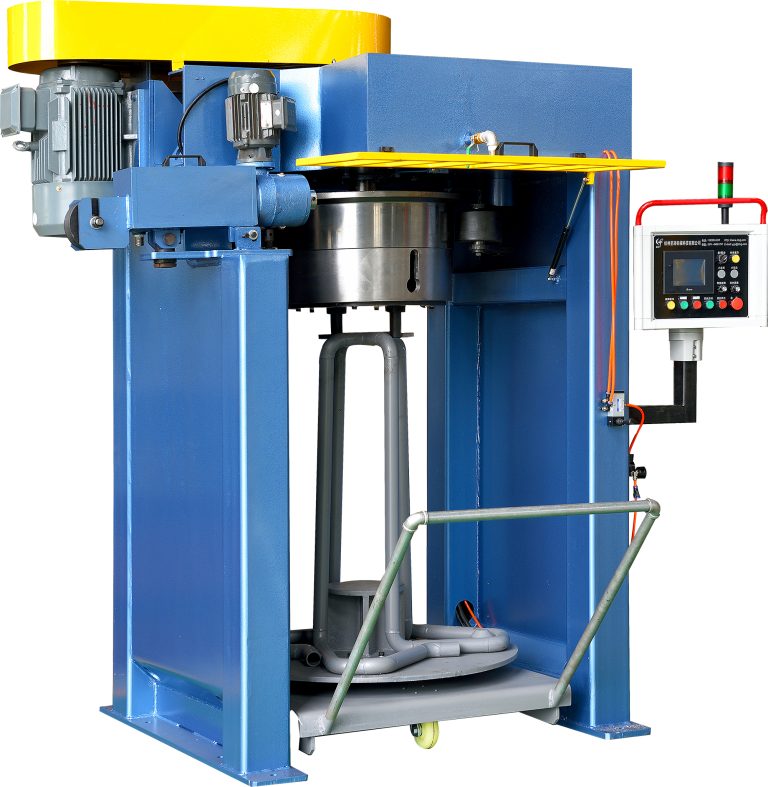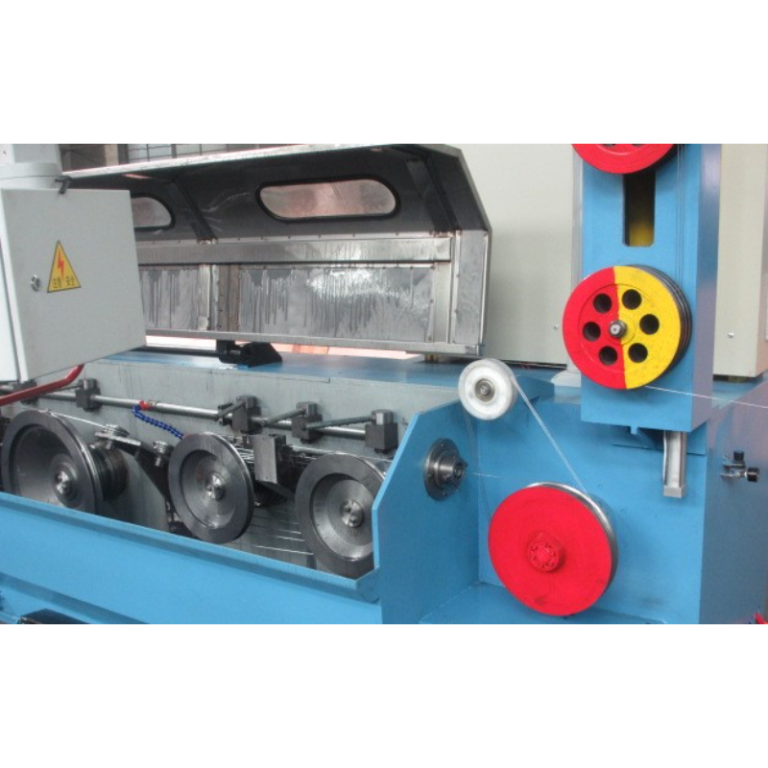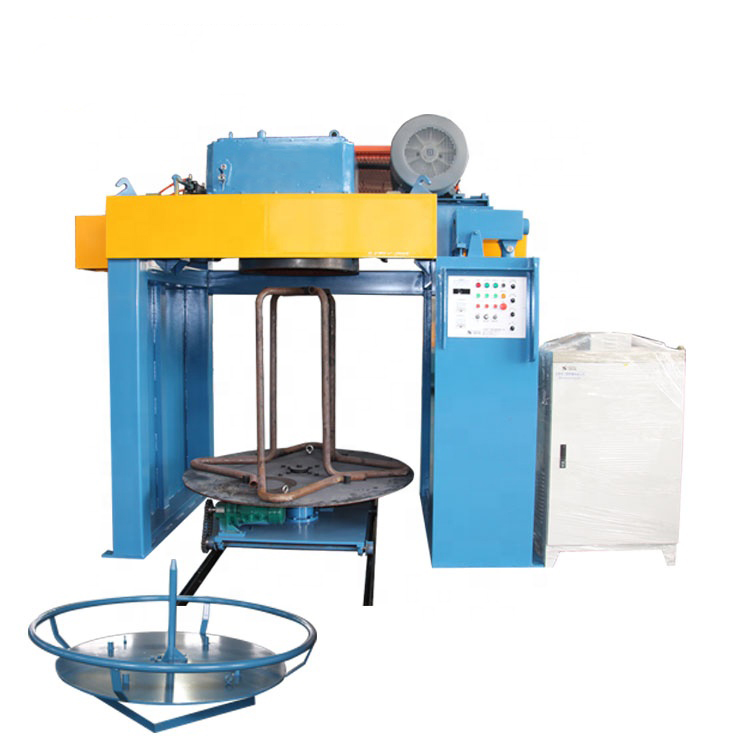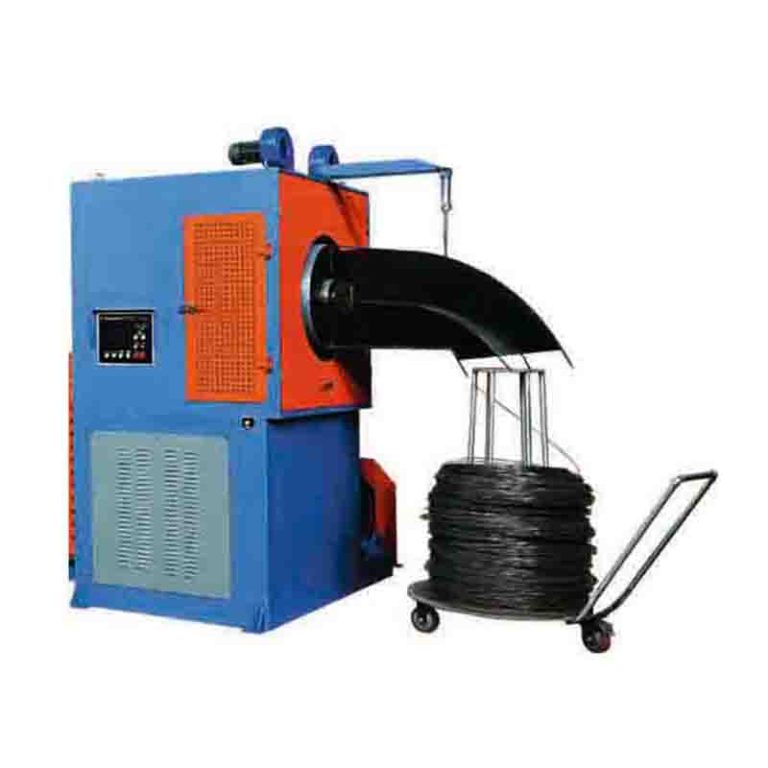Benefits of Using GI Wire Production Line in Construction Projects
Galvanized iron (GI) wire is a popular choice in construction projects due to its durability and strength. It is made by coating iron or steel wire with a layer of zinc, which helps protect it from corrosion and rust. GI wire is commonly used in various applications, such as fencing, binding, and reinforcement in concrete structures. In this article, we will explore the benefits of using GI wire in construction projects.
One of the main advantages of using GI wire is its resistance to corrosion. The zinc coating on the wire acts as a barrier, preventing moisture and other corrosive elements from reaching the underlying metal. This helps extend the lifespan of the wire and ensures that it remains strong and reliable over time. In comparison, untreated iron or steel wire is more susceptible to rust and corrosion, which can weaken the wire and compromise the integrity of the structure it is supporting.
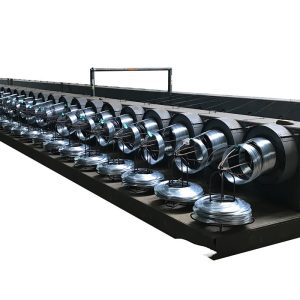
Another benefit of using GI wire is its strength and durability. The zinc coating adds an extra layer of protection to the wire, making it more resistant to bending, twisting, and breaking. This makes GI wire an ideal choice for applications that require a high level of tensile strength, such as fencing and reinforcement in concrete structures. Additionally, the zinc coating helps prevent the wire from stretching or deforming under heavy loads, ensuring that it maintains its shape and stability.
In addition to its corrosion resistance and strength, GI wire is also easy to work with and install. It can be easily cut, bent, and shaped to fit the specific requirements of a construction project. This flexibility makes wire drawing machine For Zinc Coating GI Wire a versatile option for a wide range of applications, from simple fencing projects to complex concrete reinforcement structures. Additionally, the zinc coating on the wire provides a smooth surface that is easy to handle and manipulate, making it easier for construction workers to work with the wire efficiently.
Furthermore, GI wire is cost-effective compared to other types of wire. While the initial cost of GI wire may be slightly higher than untreated iron or steel wire, the long-term savings are significant. The corrosion-resistant properties of GI wire help reduce maintenance and replacement costs, as the wire is less likely to deteriorate over time. This can result in lower overall project costs and a higher return on investment for construction companies.
Overall, the benefits of using GI wire in construction projects are clear. Its resistance to corrosion, strength, durability, ease of installation, and cost-effectiveness make it a popular choice for a wide range of applications. Whether you are building a fence, reinforcing a concrete structure, or binding materials together, GI wire is a reliable and efficient option that can help ensure the success of your construction project.
How to Choose the Right GI Wire Production Line for Your Business
When it comes to choosing the right GI wire production line for your business, there are several factors to consider. GI wire, or galvanized iron wire, is a type of wire that is coated with a layer of zinc to protect it from corrosion. This makes it ideal for a wide range of applications, including construction, agriculture, and manufacturing.
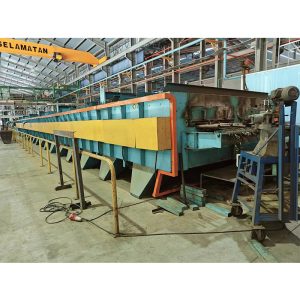
One of the first things to consider when choosing a GI wire production line is the capacity of the machine. You will need to determine how much wire you will need to produce on a daily or weekly basis in order to meet the demands of your customers. This will help you determine the size and speed of the production line that you will need.
Another important factor to consider is the quality of the wire produced by the production line. The quality of the wire will depend on the materials used in the production process, as well as the design and construction of the machine itself. It is important to choose a production line that is made from high-quality materials and is designed to produce wire that meets industry standards.
In addition to capacity and quality, you will also need to consider the cost of the production line. The cost of a GI wire production line can vary widely depending on the size, capacity, and features of the machine. It is important to consider your budget and choose a production line that offers the best value for your money.
When choosing a GI wire production line, it is also important to consider the reputation of the manufacturer. Look for a company that has a proven track record of producing high-quality machines that are reliable and durable. You may also want to consider the level of customer support and service offered by the manufacturer, as this can be important in case you encounter any issues with the production line.
Once you have considered all of these factors, you will be ready to choose the right GI wire production line for your business. It is important to take your time and do your research to ensure that you are making the best decision for your company. By choosing a production line that meets your capacity, quality, and budget requirements, you can ensure that your business is able to produce high-quality GI wire efficiently and effectively.

In conclusion, choosing the right GI wire production line for your business is an important decision that requires careful consideration. By taking into account factors such as capacity, quality, cost, and reputation, you can make an informed decision that will help your business succeed in the long run. With the right production line in place, you can ensure that your business is able to meet the demands of your customers and produce high-quality GI wire that meets industry standards.

